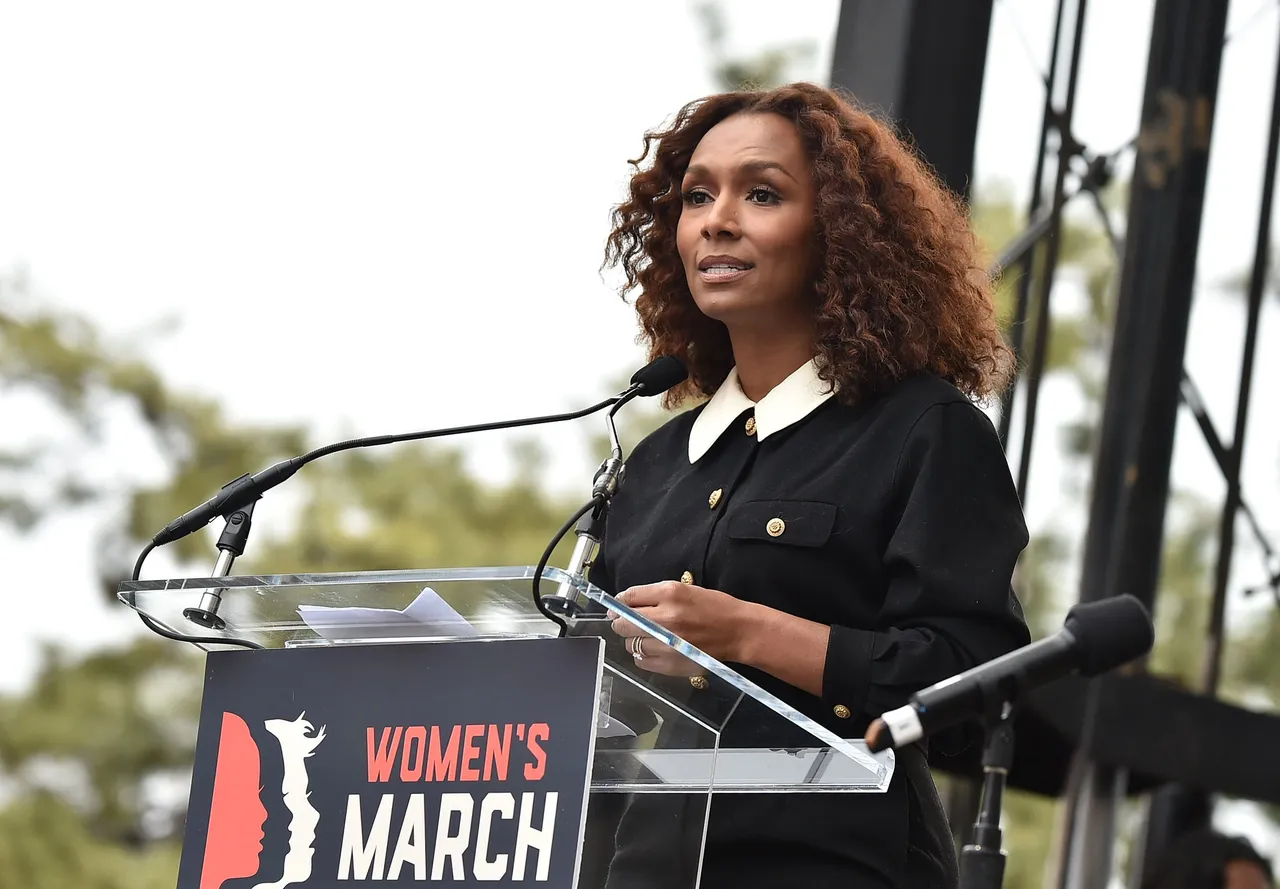Four Women Who Embody #BlackGirlMagic
Black History Month is here, and while we celebrate Black excellence every day, we’re using this month to help amplify the work of a few women who have made their mark in American history and ensuring their legacies live on by telling some of their stories.
Tarana Burke
The #MeToo movement went viral in 2017, giving a voice to survivors of sexual violence. Its founder and fellow survivor, Tarana Burke, created the “me too.” movement in 2006 to provide support and resources for young women of color who have experienced sexual violence. Now the organization inspires solidarity, amplifies the voices thousands of victims of sexual abuse, advocates for policies, and puts the focus back on survivors.
As a long time activist for social justice, Tarana’s work began in the late 80s, campaigning for issues related to racial discrimination, housing inequality, and economic justice. She continues to work at the intersection of racial justice and sexual violence. With all of her accomplishments, it should be no surprise that Tarana was selected as TIME Magazine’s Person of the Year in 2017.
Marsha P. Johnson
As we celebrate Pride, it’s important to know that Marsha P. Johnson was a prominent figure in the 1969 Stonewall uprising that is now lauded as a pivotal point in the fight for LGBTQ equality. The “P” stood for “Pay It No Mind,” which is what Marsha would say in response to questions about her gender. The term “transgender” didn’t exist at the time, so a lot of her work wasn’t recognized as a Black trans woman.
Marsha was very concerned about the ways in which the LGBTQ struggles tend to be too focused on white gay men, or cis-gendered white gay men, and the exclusion of transgender people and other non-gender conforming communities. In 1970, she co-founded the Street Transgender Action Revolutionaries, or S.T.A.R. with her close friend and fellow activist, Sylvia Rivera. The organization helped to bring forward the voices of trans and gender non-conforming people of color in New York City and for a short time housed, clothed, and fed them.
Elle Hearns, the founder of the Marsha P. Johnson Institute says, “The unfortunate thing about Blacks trans women is that no matter how much we contribute to the world, no matter how many great things we offer, and no matter how much of ourselves we offer, there will always be an attempt to erase us.” We still have a long way to go to valuing the lives of transgender people, and we can start by upholding Marsha P. Johnson’s legacy.
There are so many more stories of Black women we want to tell! After all, they’re the ones who work the hardest to create change. They’re the ones who want to dismantle the system so that it includes them, as they’re often overlooked and face both sexism and racism. Who else should we talk about? Let us know in the comments.
Barbara Lee
As one of the strongest, most progressive voices in Congress, Barbara Lee learned at an early age the importance of standing up for one’s beliefs and of fighting for equality for all. In college she served on the campaign team for Shirley Chisholm, the first Black woman to run for president. After moving on to work for then-Congressman Ron Dellums, she ran to succeed his seat in the House of Representatives.
Since entering Congress, she has served on a number of committees and ensures they reflect the diversity, dynamism, and integrity of the Democratic Caucus. As an advocate of peace, she was the lone dissenter in Congress who voted against war following the September 11, 2001 attacks on America.
She was recently named as the Chair of House Appropriations subcommittee on State and Foreign Affairs (SFOPS) and is the first Black person to serve in that position. This role has jurisdiction over the United States’ nondefense international affairs and she plans to invest in diplomacy, foreign assistance, development programs, and reinvest in the State Department to ensure international affairs reflect the diversity of this country.
Janet Mock
After launching a career in journalism, writing two memoirs, producing the HBO documentary, “The Trans List,” and becoming a trans activist, Janet Mock made history as the first trans woman of color to write and direct an episode of TV when she joined the production of the FX series “Pose,” which tells the story of LGBTQ youth in the 80s and '90s ball scene.
She’s also the first openly trans woman to get an overall deal with Netflix, developing, writing, directing, and producing a series on their streaming service. According to Variety, the Netflix deal will enable Janet to create programs that employ and highlight communities that have historically been ignored by Hollywood — including the intersectional space she herself occupies, as a woman of color and a highly visible trans person. In her work and advocacy, Janet ensures there is representation, drawing from the experiences of her own life while laying the ground and providing a platform for the stories of other trans and gender-nonconforming people, so that they can feel confident to live their best lives.
Sources:
National Women’s History Museum. “Tarana Burke.” Accessed January 26, 2021. https://www.womenshistory.org/education-resources/biographies/tarana-burke.
TED. “Tarana Burke: Civil Rights Activist.” Accessed February 20, 2021. https://www.ted.com/speakers/tarana_burke?language=en.
Well + Good. “Never Forget a Black Trans Woman Lit the Fire for LGBTQ+ Rights.” June 28, 2020. https://www.wellandgood.com/marsha-p-johnson/
CBS SF Bay Area. “Congresswoman Barbara Lee Becomes First African American to Chair Foreign Affairs Subcommittee.” January 25, 2021. https://sanfrancisco.cbslocal.com/2021/01/25/congresswoman-barbara-lee-becomes-first-african-american-to-chair-foreign-affairs-subcommittee/
Journal of Black Studies. “Barbara Lee’s Peacebuilding Discourse as Transformative Social Justice Politics.” October 23, 2020. https://journals.sagepub.com/doi/full/10.1177/0021934720964924
The New Yorker. “To Live in the World, and Not to Hide”: An Interview With Janet Mock.” March 24, 2019. https://www.newyorker.com/culture/the-new-yorker-interview/to-live-in-the-world-and-not-to-hide-an-interview-with-janet-mock
Variety. “Janet Mock Signs Landmark Overall Netflix Deal (EXCLUSIVE).” June 19, 2019. https://variety.com/2019/tv/features/janet-mock-netflix-deal-pose-1203246917/



